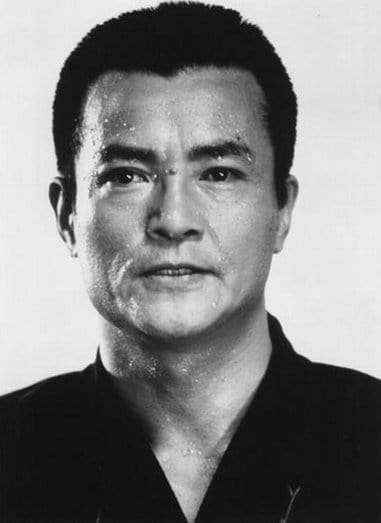
From Wikipedia, the free encyclopedia.
Ken Ogata (Ogata Ken, 20 July 1937-5 October 2008) was a Japanese actor.
Ogata was born in Tokyo, Japan. Ogata is well known for his roles in Peter Greenaway's The Pillow Book, Paul Schrader's Mishima: A Life in Four Chapters and Shohei Imamura's The Ballad of Narayama. He won the award for best actor at the 26th Blue Ribbon Awards for Okinawan Boys.
In television, his starring role as Toyotomi Hideyoshi in the 1965 NHK Taiga drama Taikoki catapulted him
Gender: Male
Born On: 20-Jul-1937
Last Info Sync: 9/13/2018 7:07:00 PM
Ken Ogata's Filmography on TV
List of programs starring Ken Ogata on tv. Programs are sorted in order of last seen on tv. Last updated: Jan 20, 2025 12:26 AM
September 11 (2002)
Filmmakers from all over the world provide short films – each of which is eleven minutes, nine seconds, and one frame of film in length – that offer differing perspectives on the 9/11 terrorist attacks.
Chapters (1985)
A fictional account of the life of Japanese author Yukio Mishima told in four parts. The first three parts relate events in three of his novels: The Temple of the Golden Pavilion, Kyoko's House, and Runaway Horses. The last part depicts the events of 25th November 1970.
Narayam (1983)
In a small village in a valley everyone who reaches the age of 70 must leave the village and go to a certain mountain top to die. If anyone should refuse he/she would disgrace their family. Old Orin is 69. This winter it is her turn to go to the mountain. But first she must make sure that her eldest son Tatsuhei finds a wife.
Why Not (1981)
The film depicts carnivalesque atmosphere summed up by the cry "Ei ja nai ka" ("Why not?") in Japan in 1867 and 1868 in the days leading to the Meiji Restoration. It examines the effects of the political and social upheaval of the time, and culminates in a revelrous march on the Tokyo Imperial Palace, which turns into a massacre. Characteristically, Imamura focuses not on the leaders of the country, but on characters in the lower classes and on the fringes of society.
